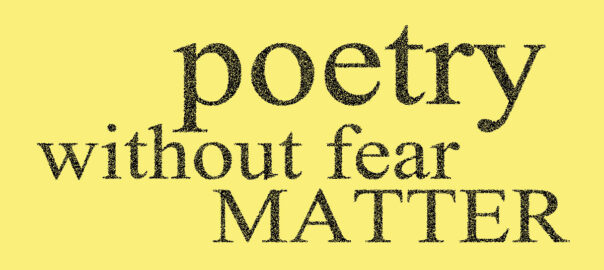By Ananda Bormudoi
Dictionary defines a poet as a writer of poems. Can there be poets who neither read nor write a poem? Writing a poem means publishing it. A poet does not write for himself alone. Whatever he writes today becomes his property. But in folk culture, creation was a collective work. It belonged to the community. Folk culture was created by unlettered people. But folk songs are also exquisite lyric poems. What do we mean by a poem today? Don’t we mean fairly short poems in which a speaker expresses a state of mind, perception, thought or feeling?
Also Read : Study of Poetry Free from Difficulty
Wordsworth’s definition of poetry as the spontaneous overflow of powerful feelings is perhaps the most popular definition of poetry among us. As George Watson has pointed out in The Literary Critics, spontaneity does not mean suddenness. It refers to what is most natural and unforced. The problem with most of our young poets today is this naturalness. They cannot organize thoughts, emotions, ideas and feelings to give the readers an impression of naturalness. They are not sure whether they are performing to themselves or they want to put things across to the readers.
In Assamese poetry, communication with the readers got tangled in a maze in the fifties of the last century. But those poets were well read and whatever they did they did consciously and deliberately. Determined readers could puzzle out meanings with profit and pleasure. The difficulty with some of the young contemporary poets is of a different kind.
Also Read : Challenges of Translating
It is not the inbuilt difficulty in modernist poetry. Words alone cannot make a poem difficult as the readers can look up for meanings in a dictionary. But the dictionary meaning of words also cannot make the poet’s world of experience accessible to the readers. This is because the poets cannot adequately provide the readers with verbal equivalents to their states of mind. A poem becomes all the more difficult when the words which look like key words fail to create any context for them and neither do they create any environment which the readers can feel and understand.
Also Read : Imaging Assamese Poetry through Ecofeminism
Poetry without Fear wants to assure the young poets that they can communicate with the readers if they decide not to be deliberately difficult. If a poet sincerely wants to communicate something that has impelled him, he can communicate. He should be familiar with the poetic convention even when he wants to break away. Simplicity, earnestness and love and respect for the readers make things easier for a poet. What is precious in life is precious in poetry as well.
[The author is the Editor-in-Chief of Poetry without Fear.]
